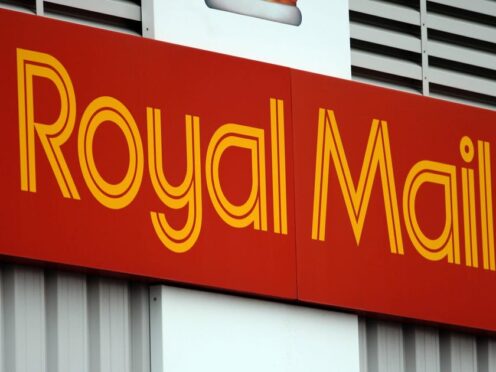The Czech billionaire hoping to buy Royal Mail has confirmed he is considering offering employees a stake in the business, as his company asked shareholders to back its £3.6 billion takeover bid.
Daniel Kretinsky’s EP Group set out its plans for the future of Royal Mail’s owner, International Distribution Services (IDS), in a letter sent to shareholders.
IDS last month agreed to the offer, which will see it taken off the public markets and into the hands of Mr Kretinsky’s firm, which already has a 27% shareholding in the business.
In the offer letter, EP Group said it is “exploring, following completion of the acquisition, potentially offering a form of employee participation model in the business” which could include “profit-sharing” among all members of staff.
Unions representing postal workers have previously called for staff to be given a stake in the company via a shake-up of its structure.
EP Group is asking shareholders, who include current and former staff, to agree to sell their stake for 370p per share. It needs the approval of shareholders holding at least 75% of IDS shares.
Royal Mail staff own about 5.5% of the business through a share scheme which was set up when the company was privatised in 2013.
The remaining shares are owned by large institutional investors including UBS, Schroder and BlackRock.
Royal Mail shareholders will vote on the deal at their next meeting on September 27.
Mr Kretinsky, who is said to have a net worth of £6 billion, has a string of other investments, including stakes in London football club West Ham United and supermarket giant Sainsbury’s.

The potential sale of Royal Mail’s owner has attracted heavy scrutiny, with senior politicians and unions voicing concerns over the future of the postal service.
The Government has the power to block the deal altogether, with Business Secretary Kemi Badenoch already indicating that any acquisition will come under heavy scrutiny.
Labour has said it would make sure to safeguard Royal Mail’s identity and place in the UK should the party win the General Election.
EP Group stressed that it views IDS, which also runs Dutch parcel firm GLS, as a “strong business with solid foundations and the potential to become one of the leading postal logistics groups in Europe”.
But this is subject to it modernising and investing in services like parcel lockers.
It also backs Royal Mail’s ambitions to reform the universal service obligation (USO) which it argues has held back the delivery firm’s transformation and made it harder for it to keep up with rapidly rising competition in the parcels market.
The USO requires Royal Mail to deliver first-class post six days a week, to all UK addresses under a “one-price-goes-anywhere” basis.
IDS has proposed to reform the system, which it estimates could result in the reduction of about 7,000 to 9,000 daily delivery routes and up to 1,000 voluntary redundancies.
IDS said in the letter published on Wednesday that, even though it “did not solicit an offer and a number of lower proposals from EP were rejected”, the board believes the terms of the bid are “fair and reasonable”.
Its shareholders have been encouraged by EP to accept the offer before August 25.
